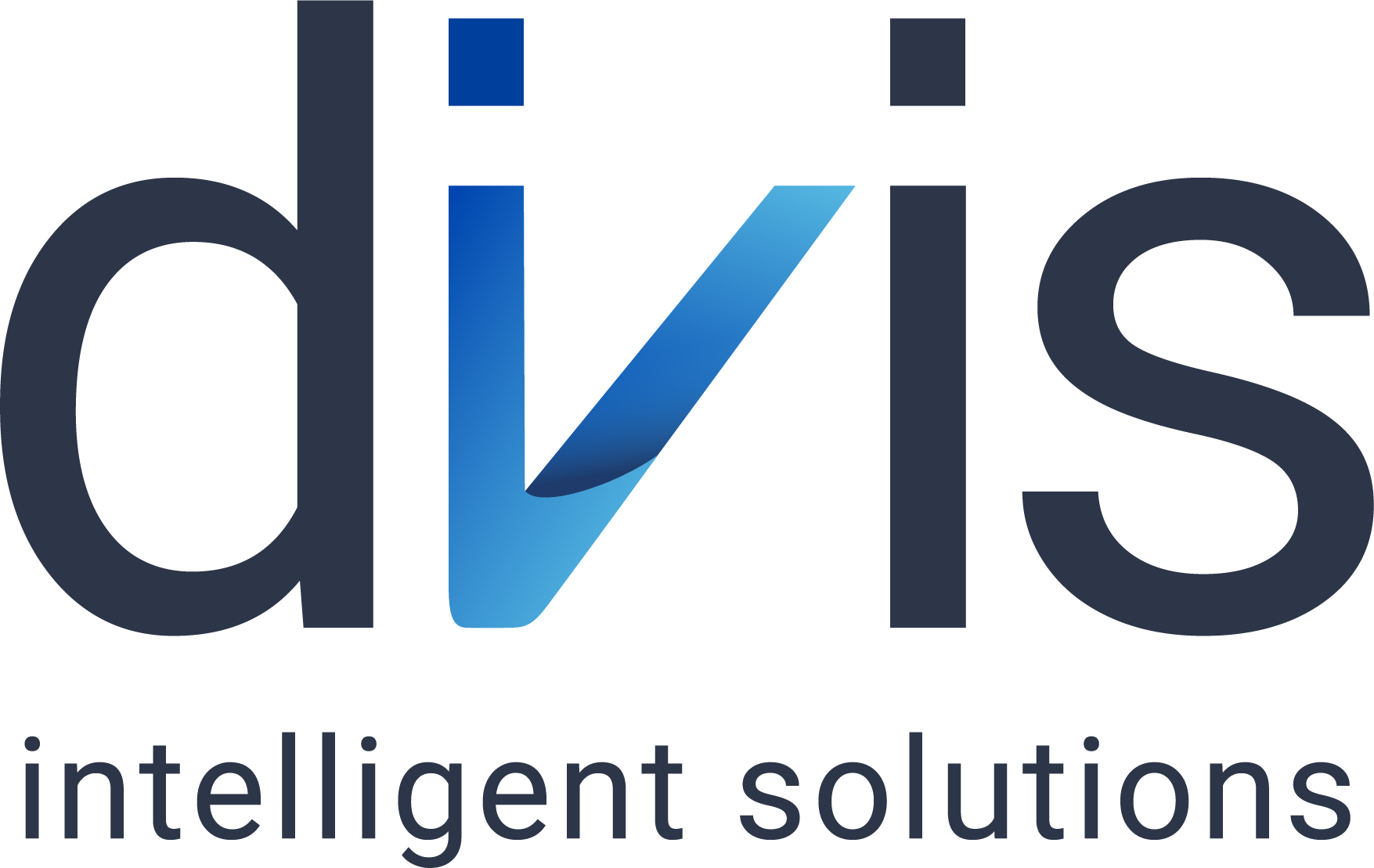European Parliament Approves EU Artificial Intelligence Act, March 13, 2024

On March 13, the EU AI Act was approved by European Parliament. The Act takes a risk-based approach, establishing obligations for AI based on the risk level assessment.
There are four categories of risk, namely "unacceptable", "high", "limited", and "minimal".
The first category, "unacceptable", corresponds to prohibited applications of AI, such as e.g. biometric categorization systems, social scoring, and manipulation of human behaviour.
The second category, "high", applies to AI systems used in applications such as critical infrastructures, education and vocational training, employment, essential private and public services, and certain law enforcement, migration and border management, and democratic processes and justice domains. Such systems will have to undergo a specific conformity assessment procedure, which so far has not been defined completely.
The other two categories will require obeying certain transparency obligations ("limited risk") or compliance with a code of conduct ("minimal risk").
Although the conformity assessment procedure for high-risk systems has not been fully specified yet, the AI Act indicates certain requirements, such as a risk management system that has to be in place, appropriate data governance, technical documentation, design for allowing human oversight and for appropriate accuracy, robustness, and cybersecurity of the system. A quality management system also has to be established. Check out the AI Act Explorer for more information.
Concerning the timeline, it is expected that the Act will enter into force 20 days after publication in the official journal. Six months later, "unacceptable risk" systems are prohibited, after 9 months, code of practices become applicable, after 12 months, rules for general-purpose AI systems will apply, and after 36 months, the Act is fully applicable to all risk categories.
Assessing all implications for European companies, specifically for SMEs, is not possible at this stage of the process. It is an interesting and sometimes worrying debate, ranging from "boosting innovation and establishing Europe as a leader in the field" to "the reporting duties and other transparency obligations the AI Act might entail could put EU companies at a competitive disadvantage".
While there is some uncertainty in industry at the moment, our team at divis and Terra Quantum is actively involved to help our customers in handling this.
